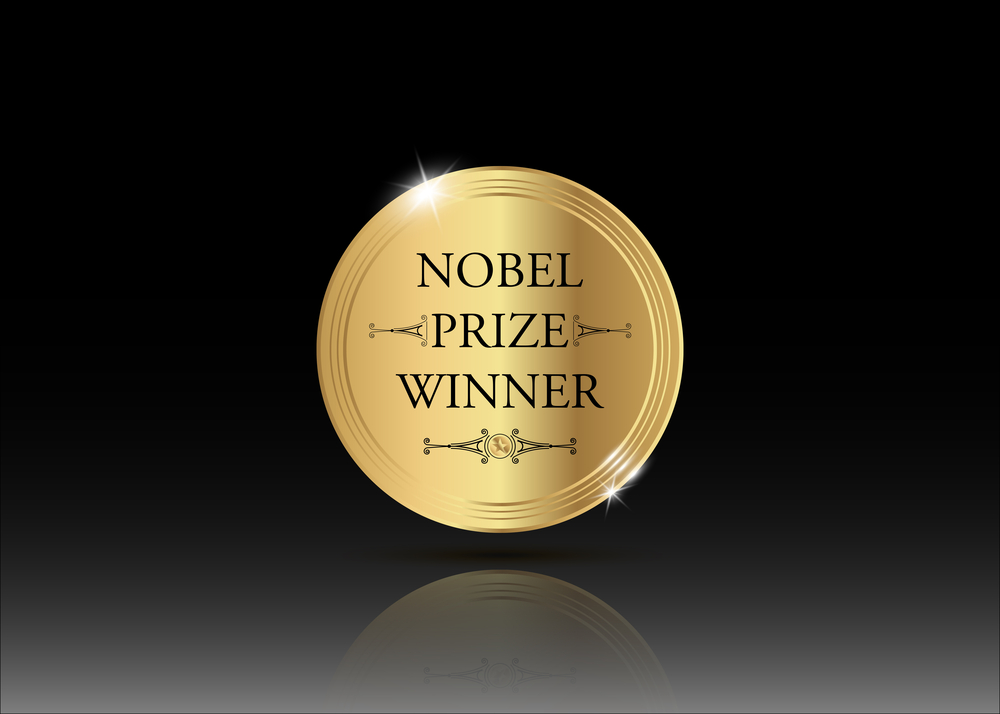Edward Prescott shared the 2004 Nobel Prize in economic science with finn kydland “for their contributions to dynamic macroeconomics: the time consistency of economic policy and the driving forces behind business cycles.” Because Prescott and Kydland worked together so closely, this biography deals with their work on business cycles. Kydland’s biography deals with their […]| Econlib
Edmund S. Phelps was awarded the 2006 Nobel Prize in economic science “for his analysis of intertemporal tradeoffs in macroeconomic policy.” He focused on two distinct areas of macroeconomics: the tradeoff between unemployment and inflation and capital accumulation and economic growth. In the early 1960s, many economists believed that the tradeoff between unemployment and inflation […]| Econlib
The marginal tax rate is the rate on the last dollar of income earned. This is very different from the average tax rate, which is the total tax paid as a percentage of total income earned. In 2003, for example, the United States imposed a 35 percent tax on every dollar of taxable income above […]| Econlib
New Keynesian economics is the school of thought in modern macroeconomics that evolved from the ideas of John Maynard Keynes. Keynes wrote The General Theory of Employment, Interest, and Money in the 1930s, and his influence among academics and policymakers increased through the 1960s. In the 1970s, however, new classical economists such as Robert Lucas, […]| Econlib




